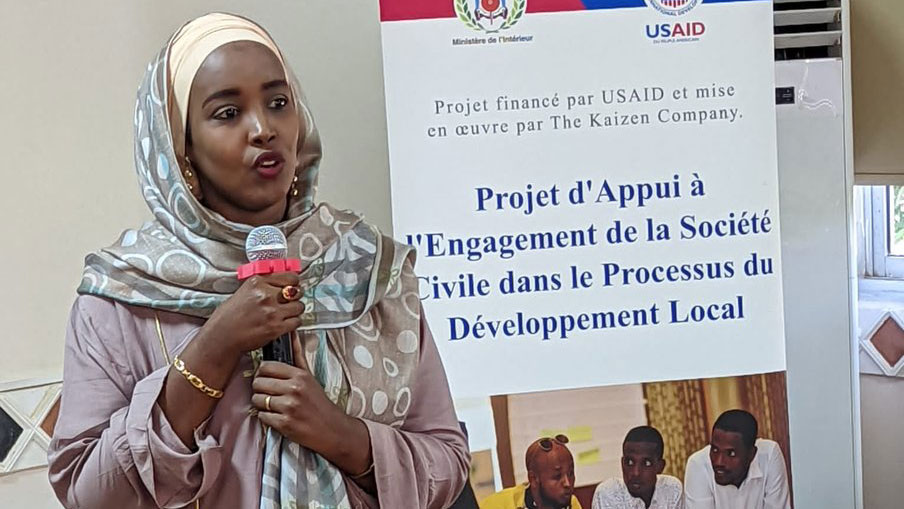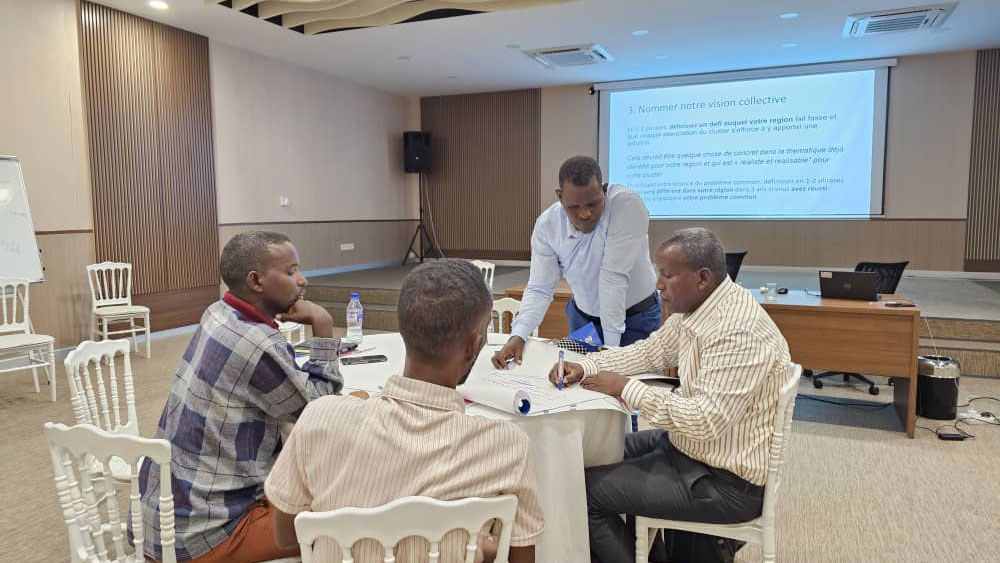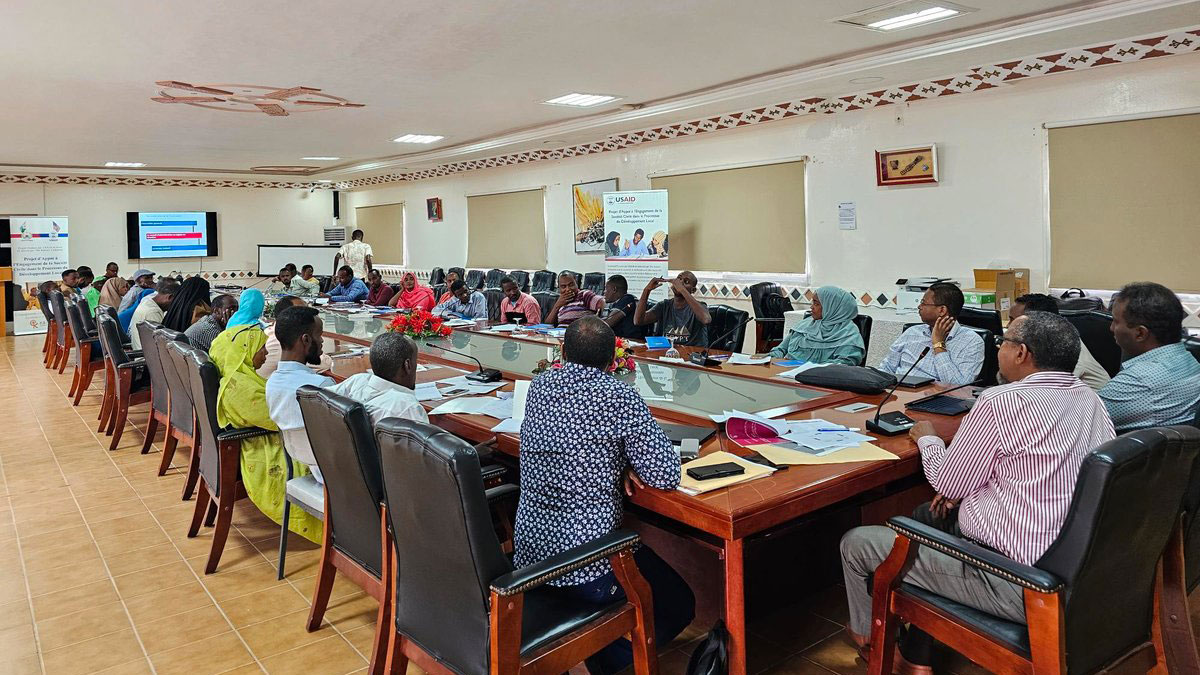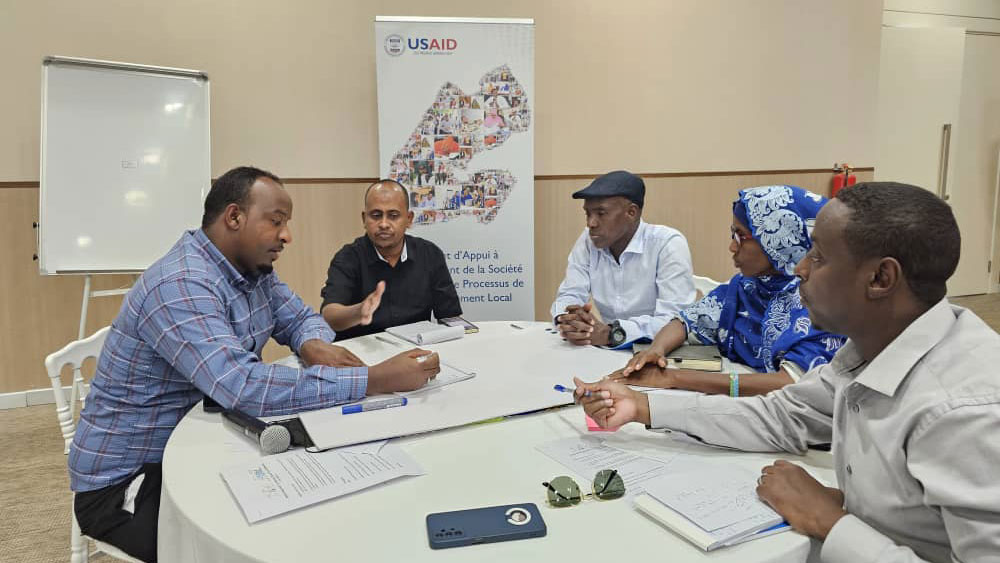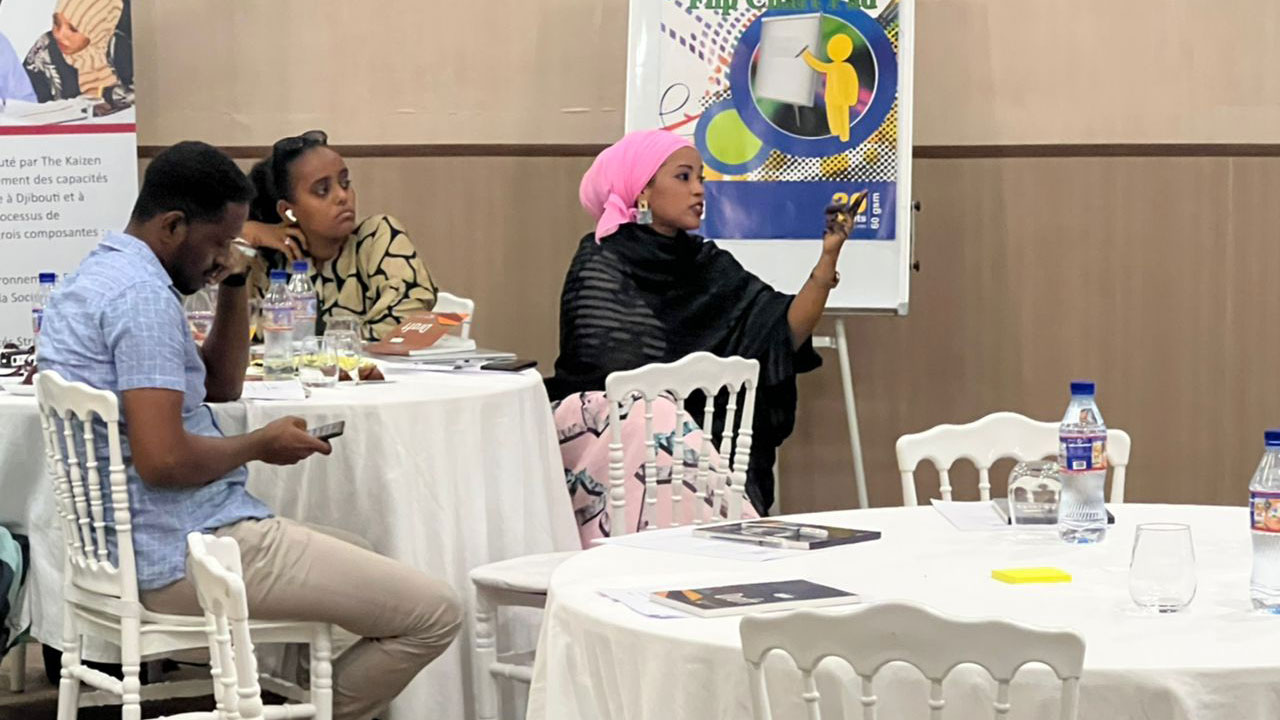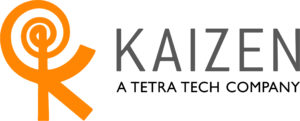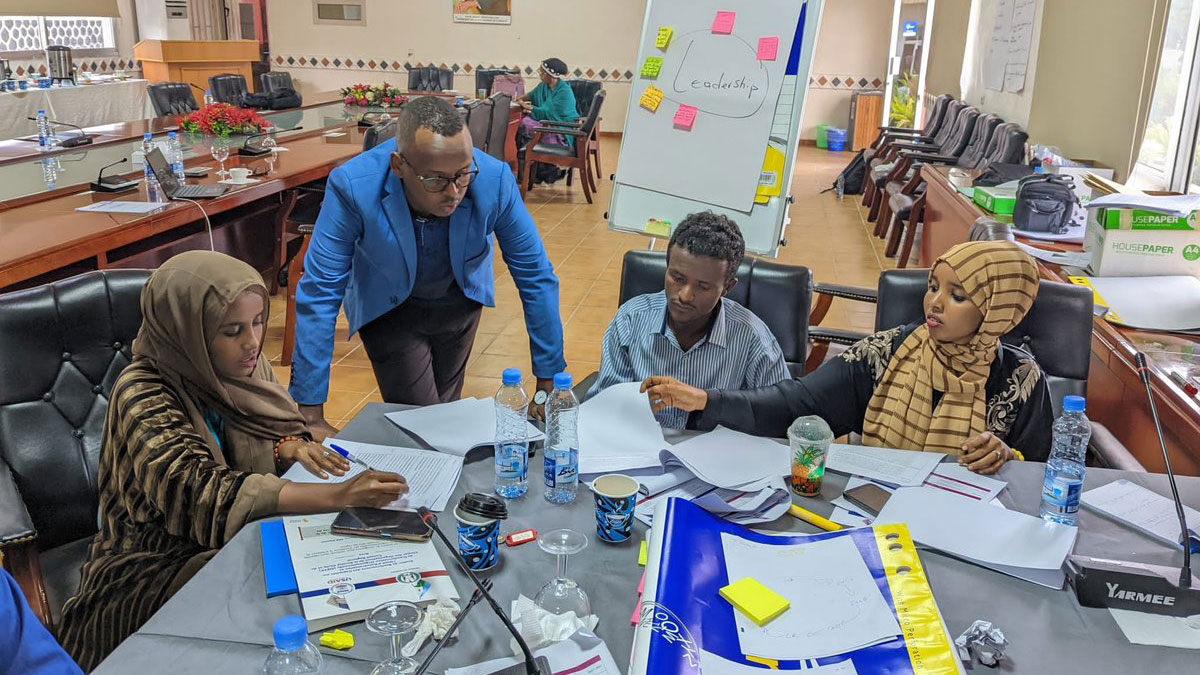
Kaizen is collaborating with the Government of Djibouti (GoDj) to strengthen the capacity of its ministries to develop and implement effective public service delivery policies and civil society sector regulations.
The activity is helping local governments better understand and address the needs of their communities. Strengthening citizens’ participation is critical to improving the accountability, transparency, and responsiveness of decentralized government institutions to deliver key quality services. The objective of the Project to Support the Engagement of Civil Society in the Local Development Process is to strengthen citizens’ participation and advocacy for more responsive governance to priority public needs.
Highlights
- Improved knowledge of legal provisions among 156 CSO representatives through Law workshops
- Developed communication strategy to align project activities and communication goals
- Promoted peace-building efforts and showcased USAID at Dikhil Unity Festival
- Enhanced public engagement via social media training for communication Officers
We applied the approach of The Kaizen Company during our workshop in Ali Sabieh and thus we set up a space for dialogue to improve coordination and collaboration between local development actors in Ali Sabieh.
Souleiman Elmi Kayad, co-creation event attendee
The project collaborates with the Government of Djibouti (GoDj) to strengthen the capacity of its ministries to develop and implement effective public service delivery policies and civil society sector regulations. The project works to establish and strengthen partnerships between Regional Council officials and their local community to achieve decentralization objectives. As part of the activity’s overall approach, the project utilizes key learning tools such as Organizational Self-Assessment and Transformation Program (OSTP) and pause and reflect sessions to establish relationships between key GoDj stakeholders and partners, to facilitate a better understanding of the working environment in Djibouti.
OSTP is a performance management tool that empowers reformers to strengthen their organizational capacity through reflection, training, discrete actions (including quick wins), and learning cycles. While traditional capacity strengthening approaches primarily relies on external consultants, OSTP revolves around internal teams that have deep institutional knowledge, a strong sense of ownership, and the willingness and ability to continue improving their organizations. Participating government officials and the CSO staff will acquire useful skills to adapt and collaborate, in addition to a thorough understanding of international standards relevant to their work. The pause-and-reflect sessions serve as the primary tools through which the project team-USAID and our CSO partners- will use to help identify and act upon windows of opportunity.
At a glance
Client
Status
Active
Location
Djibouti
Services
Organizational development, knowledge sharing networks, governance
